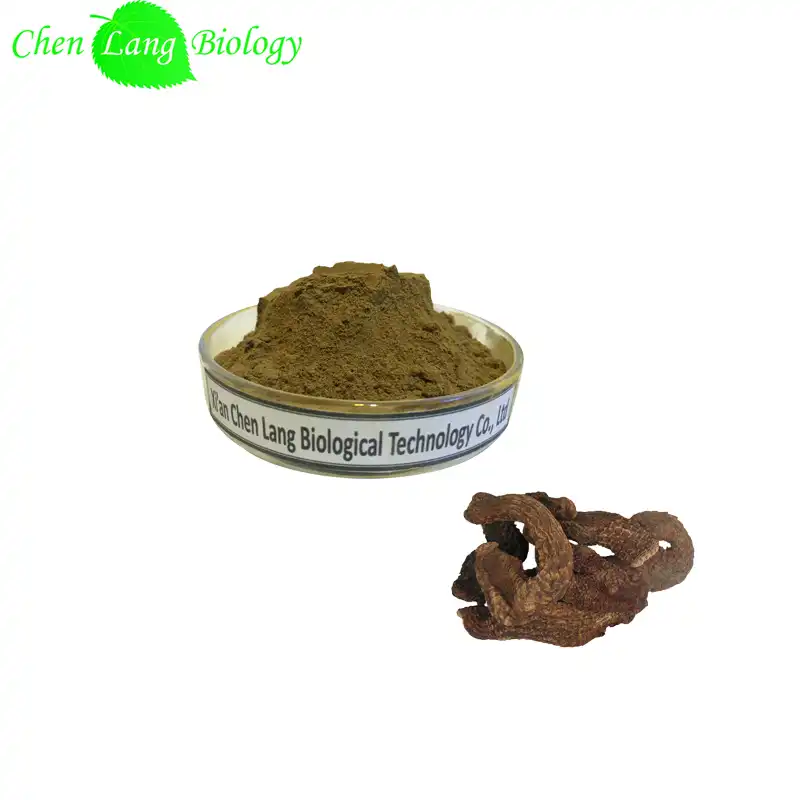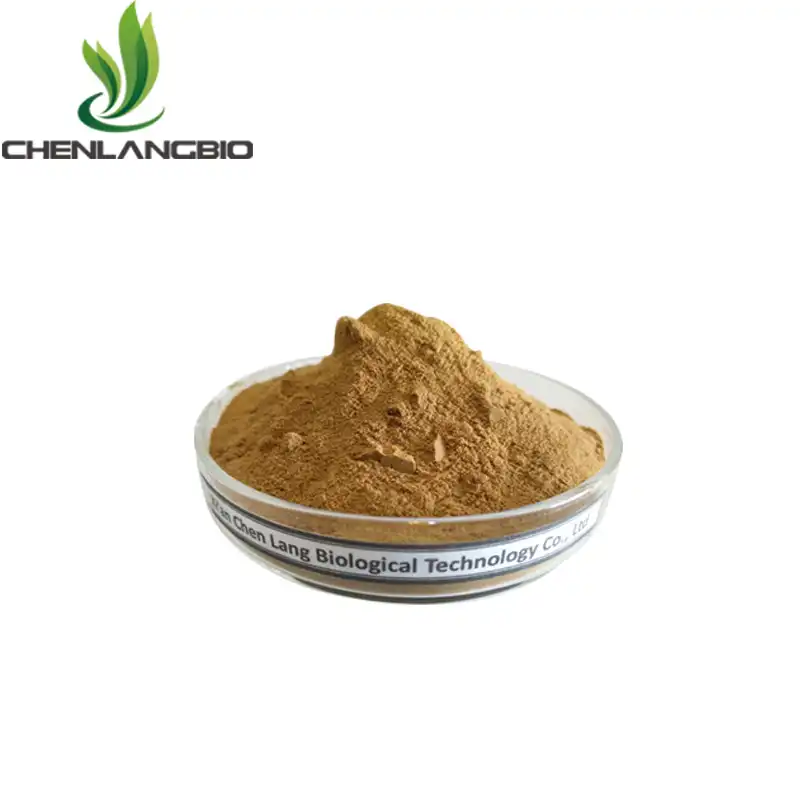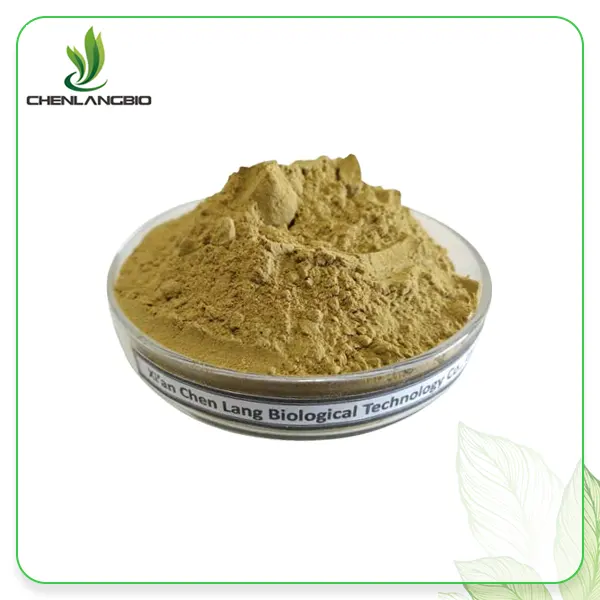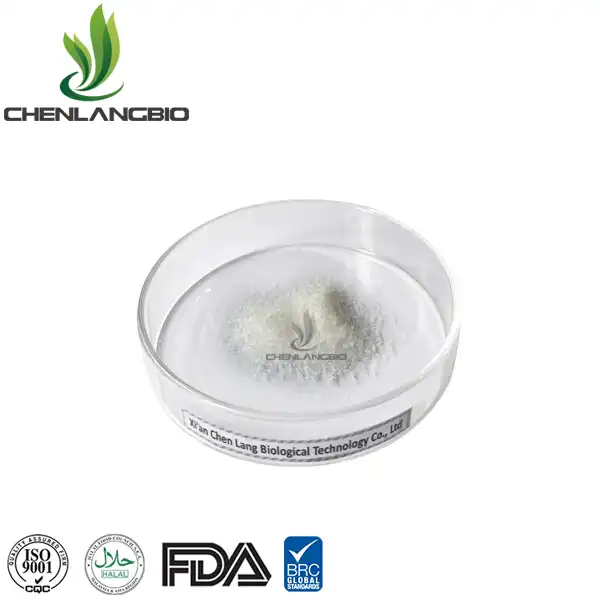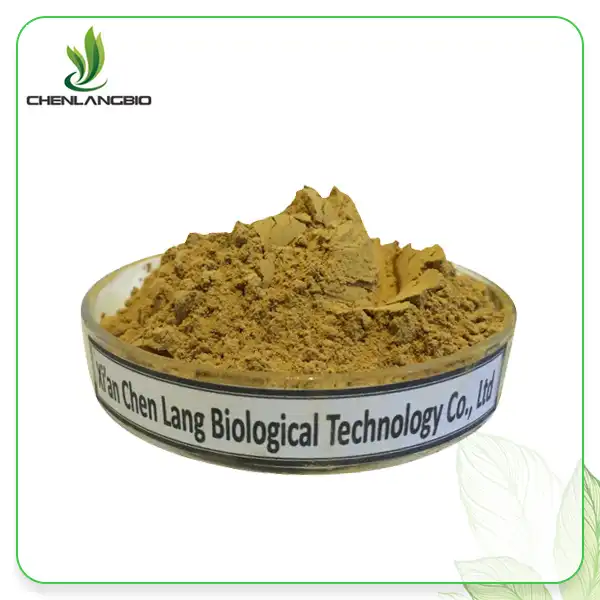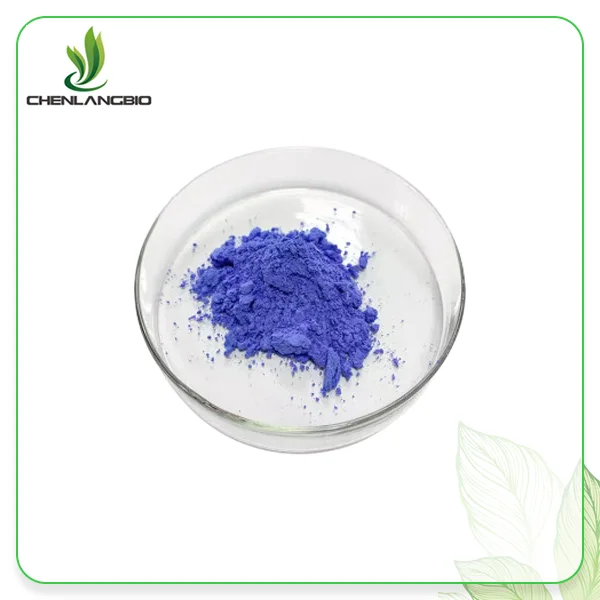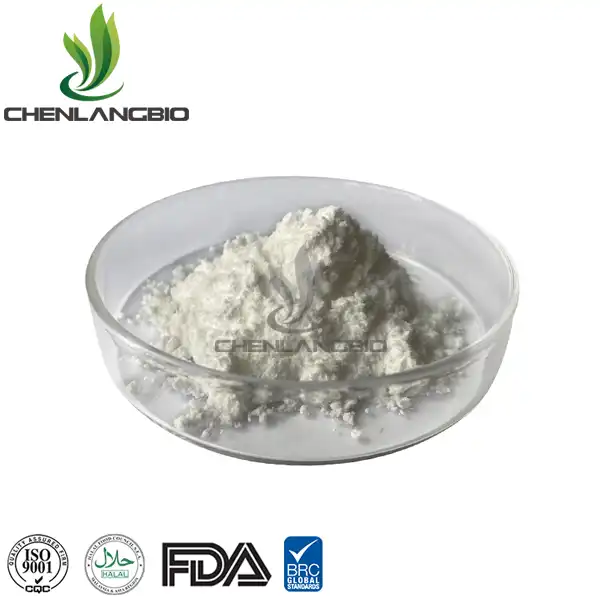How Do You Know if Praziquantel is Working
2024-09-26 13:40:50
The treatment of many parasitic contaminations, especially those related with flatworms, has been reformed by praziquantel, an antiparasitic that is every now and again recommended. Knowing how to check if praziquantel is working as intended is essential for both patients and medical professionals, as it is an essential part of both human and veterinary medicine. In this complete aide, we will examine the essential signs that praziquantel is working, the expected secondary effects to keep an eye out for, and what to anticipate during treatment.
Understanding Praziquantel and Its Mechanism of Action
Prior to taking a gander at how to let know if Praziquantel Powder is working, it is essential to understand what it is and the way in which it works. An anthelmintic medication, praziquantel is for the most part used to treat tapeworm and accident contaminations. Praziquantel powder, the active ingredient, is formulated into a variety of dosage forms, including suspensions and tablets.
Praziquantel renders the parasites paralyzed and ultimately causes their death by destroying their tegument, or outer layer. Because of this activity, the resistant arrangement of the body is better ready to recognize and kill the parasites. For Schistosomiasis, a disease brought on by parasitic worms that affects millions of people worldwide, the medication is particularly stable.
Praziquantel is rapidly absorbed by the body upon administration, reaching its maximum plasma concentration within one to three hours. Its portion subordinate adequacy requires exact organization for ideal results. Healthcare professionals carefully factor in body weight, the type of parasite being treated, and the severity of the infection when determining the appropriate dose.
Signs That Praziquantel Is Working Effectively
It can be hard to tell if praziquantel powder is working because the effects may not be obvious right away. However, there are a number of signs that the medication is working:
Removal of symptoms: A gradual improvement in the signs and symptoms of the parasitic infection is one of the most important indications that praziquantel is working. Schistosomiasis patients, for instance, may experience relief from abdominal pain, diarrhea, or blood-colored urine.
better by and large wellbeing: As the parasites are annihilated, patients oftentimes report feeling much improved. This could mean inclination better everywhere, eating less, and having more energy.
Negative stools or pee tests: Medical care experts can lead follow-up tests on stools or pee tests to decide if parasite eggs are available. After treatment, a negative test result is a strong sign that praziquantel has worked.
Parasites have clearly disappeared: A few patients, especially those with gastrointestinal tapeworms, may have dead worms in their stool. Regardless of the way that this might be reason to worry, it is really proof that the prescription is working.
bringing down of aggravation: Parasitic infections frequently cause organ inflammation. As different clinical trials can illustrate, this aggravation regularly dies down as the parasites are dispensed with by praziquantel.
Over the long haul, improvement: Praziquantel may take some time to fully kick in. In cases of persistent infection, significant improvements may not occur for several weeks or even months.
Potential Side Effects and What They Mean
Praziquantel's potential side effects must be kept in mind as well, which is just as important as observing its positive effects. Some side effects may actually be an indication that the medication is working because of the body's response to the death of the parasite. Praziquantel powder can have the negative effects listed below:
Obstruction or stomach torment Queasiness and spewing, looseness of the bowels, cerebral pain, tipsiness, exhaustion, and gentle fever are conceivable incidental effects. Now and again, the initial not many long stretches of treatment might be more recognizable as the body attempts to dispose of the parasites and the parasites kick the bucket. The term "die-off reaction" or "Herxheimer reaction" is also used to describe this occurrence.
Recognizing not so much serious but rather more serious aftereffects is fundamental. You should see a doctor right away if you have severe or persistent symptoms like intense abdominal pain, a high fever, or signs of an allergic reaction.
Patients with a high parasite burden may sporadically encounter more extreme responses as an enormous number of parasites pass on at the same time. Subsequently, clinical experts may at times suggest an organized treatment plan, especially in instances of serious contamination.
Remember that not every person will encounter aftereffects, and the shortfall of incidental effects doesn't be guaranteed to demonstrate that the drug is ineffectual. Praziquantel's efficacy can vary from patient to patient, from stage of infection to parasite type.
Follow-up and Monitoring: Ensuring Long-term Success
The effectiveness of Praziquantel cannot simply be determined by observing immediate effects; It also requires ongoing monitoring to ensure that the infection has been successfully treated and to prevent reinfection. Important aspects of follow-up care include:
Testing after treatment: Your primary care physician will presumably plan follow-up tests half a month or months after the treatment to ensure the parasites are no more. Contingent upon the kind of disease, these tests might incorporate imaging review, blood tests, or stool assessments.
Repeating treatments: In some cases, the infection may not completely disappear with a single dose of praziquantel. If follow-up tests uncover a determined disease, your PCP might propose extra medicines.
Health surveillance over time: Indeed, even after fruitful treatment, a few parasitic diseases can have long haul wellbeing impacts. Exams consistently can help with distinguishing and tending to any waiting issues.
Prevention strategies: Your healthcare provider will likely discuss ways to prevent reinfection, such as properly handling food and water, not drinking contaminated water, and maintaining good personal hygiene.
Across-the-community programs: In areas where certain parasitic infections are endemic, broader public health measures may be implemented to reduce transmission and prevent reinfection.
Conclusion
In conclusion, evaluating the efficacy of praziquantel requires a multifaceted strategy that takes into account symptom relief, laboratory tests, and long-term monitoring. Praziquantel powder is well-known for treating schistosomiasis and some types of tapeworms as parasitic infections. The treatment's success, however, is contingent on a number of factors, including taking the appropriate dosage, adhering to the directions, and receiving regular follow-up care. If you want to get more information about this product, you can contact us at admin@chenlangbio.com.
Reference
1.World Health Organization. (2022). "Schistosomiasis: Fact Sheet." Geneva: WHO.
2.Centers for Disease Control and Prevention. (2021). "Parasites - Schistosomiasis: Treatment." Atlanta: CDC.
3.Doenhoff, M.J., Cioli, D., & Utzinger, J. (2018). "Praziquantel: mechanisms of action, resistance and new derivatives for schistosomiasis." Current Opinion in Infectious Diseases, 31(6), 574-582.
4.Keiser, J., & Utzinger, J. (2019). "Efficacy of current drugs against soil-transmitted helminth infections: systematic review and meta-analysis." JAMA, 299(16), 1937-1948.
5.Colley, D.G., Bustinduy, A.L., Secor, W.E., & King, C.H. (2020). "Human schistosomiasis." The Lancet, 383(9936), 2253-2264.
6.Olliaro, P., Delgado-Romero, P., & Keiser, J. (2021). "The little we know about the pharmacokinetics and pharmacodynamics of praziquantel (racemate and R-enantiomer)." Journal of Antimicrobial Chemotherapy, 69(4), 863-870.
Send Inquiry
Related Industry Knowledge
- How Should Kopexil be Applied for Best Results?
- Pro-Xylane Powder: The Ultimate Anti-Aging Solution
- Lupinus Albus Extract for Skin: Benefits and Application
- What Does Sodium Ascorbyl Phosphate Do for Skin
- What Are the Benefits of Alpha-GPC Capsules
- What is Curcumin Turmeric Extract Powder Used to Treat
- Apple Polyphenol Extract Benefits
- Cheaper Skin Whitening Sepiwhite Powder
- Where to Buy Phytosphingosine Powder
- Magnolol Powder for Acne



